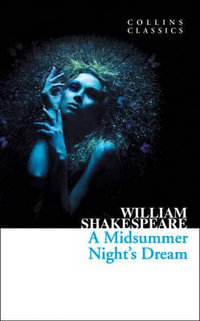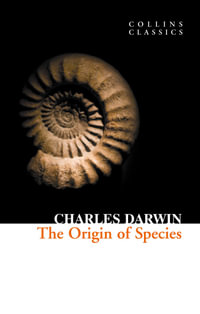Revered as one of the greatest ghost stories ever told, James’s THE TURN OF THE SCREW is an eerie Victorian masterpiece.
When an inexperienced governess goes to work at Bly, a country house in Essex to look after a young boy Miles and his sister Flora, all manner of strange events begin to occur. The governess begins to spot a ghostly man and woman around the grounds and is told by the housekeeper that they are the ghosts of the valet and the previous governess. It soon becomes clear that the children are inexplicably connected to these ghosts in some way and the young governess struggles to protect the children, although from exactly what, she is not sure.
About The Author
Henry James, OM, son of theologian Henry James Sr., brother of the philosopher and psychologist William James and diarist Alice James, was an American-born author, one of the founders and leaders of a school of realism in fiction. He spent much of his life in England and became a British subject shortly before his death. He is primarily known for a series of major novels in which he portrayed the encounter of America with Europe. His plots centered on personal relationships, the proper exercise of power in such relationships, and other moral questions. His method of writing from the point of view of a character within a tale allowed him to explore the phenomena of consciousness and perception, and his style in later works has been compared to impressionist painting.
James insisted that writers in Great Britain and America should be allowed the greatest freedom possible in presenting their view of the world, as French authors were. His imaginative use of point of view, interior monologue and unreliable narrators in his own novels and tales brought a new depth and interest to realistic fiction, and foreshadowed the modernist work of the twentieth century. An extraordinarily productive writer, in addition to his voluminous works of fiction he published articles and books of travel writing, biography, autobiography, and criticism,and wrote plays, some of which were performed during his lifetime with moderate success. His theatrical work is thought to have profoundly influenced his later novels and tales.


























